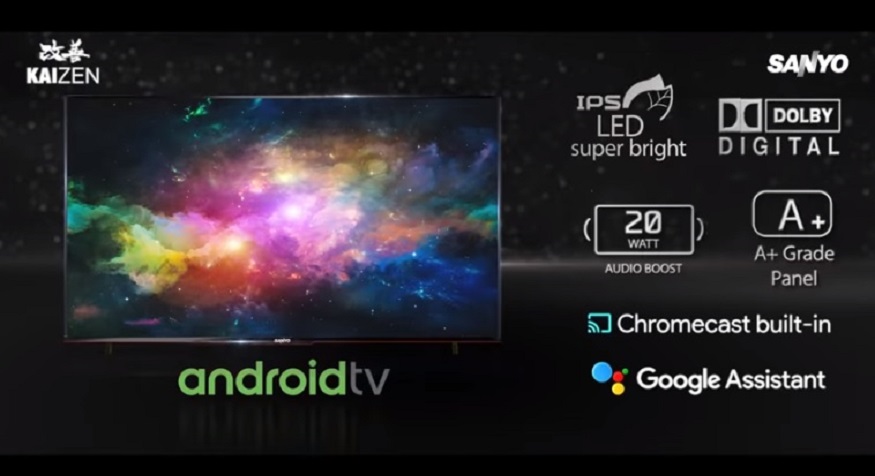Should You Invest in an 8K Television?
Today, it is possible to buy televisions of varying sizes. So, whether your home is small or big, you will be able to find the ideal sized TV. In fact, manufacturers also offer jumbo-sized televisions and some of them also offer 8K televisions. Many people wonder whether it is worthwhile to invest in an 8K television whether they can opt for HD TVs. Well, an 8K TV allows you to watch ultra-high-quality images as it has a higher resolution. However, to truly appreciate this TV, you should know how it compares to 4K TV.
8K or 4K Television?
Presently, retailers are claiming that 8K TVs have the best resolution out of all the televisions that are available in the market. To put this into perspective, the resolution of a 4K television is 3,840 x 2,160 pixels while that of an 8K television is 7,680 x 4,320 pixels. This means that 8K has four times better resolution compared to 4K televisions.
You need to take note of the resolutions of the two types of televisions as it gives you an idea of the picture quality and clarity. The higher the pixels, the better is the quality and you will be able to see the finer details, even from a distance.
Is 8K a Wise Choice?
Besides the sharp, crisp and clear images, an 8K smart LED TV also has several other features that make it highly sought-after television. For one, the television will come with several smart features and apps that are driven by artificial intelligence. It has the ability to transform poor quality images into clearer and sharper images as long as you use the right settings.
An 8K TV set also boasts a better color scheme compared to televisions with lower resolution. This is primarily due to the HDR features that the television comes with. You get access to a wide color scheme and this makes the images more realistic. This is especially true when it comes to watching images related to wildlife and nature.
Requirements of an 8K Television
You would need a high-speed internet connection to operate an 8K television as it requires a lot of bandwidth. So, make sure that the TV you choose has an HDMI 2.1 port. Using this port, you can connect cables and source devices and the attachments will be able to handle the high bandwidth, which you will need for the home theater devices.
You may not know this but the HDMI 2.1 port and cables are the latest technological development for 8K televisions. As a result, the cables are capable of handling the high bandwidth requirement of up to 48 Gbps. The older HDMI 2 port and cable could handle merely 18 Gbps so you get lower resolution images compared to 8K televisions. You will be unable to see the finer details that you can view in an 8K television. An 8K TV requires ultra-fast HDMI cables to successfully handle the high-resolution images and a higher number of video frames per second.
Should You Purchase an 8K Television?
In case you are dying to own an 8K television, it is best to wait for a while. For one, the price of this television is outrageous at the moment as it uses the latest technology. Instead, you can invest in a 32-inch smart LED TV that has the capability to manage HD image resolutions that programmes are created to broadcast.
However, if your heart is set on 8K then you should wait until the end of 2020. By that time, the prices should be more reasonable and hopefully, content streaming services will adapt their content to 8K resolution. Presently, just YouTube supports the 8K image format, but it is anticipated that by the end of 2020, Amazon, Disney+, Netflix, and Apple will also be able to support resolutions befitting 8K.
The Bottom Line
While it is advisable to keep upgrading your entertainment devices as technology changes so that you can enjoy uninterrupted viewing, at the moment, it is best that you wait it out until media and content streaming services adapt their technology to ensure they are aligned with the requirements of an 8K television.
So, there you have it – now you know whether or not you should spend your hard-earned money on an 8K television.

